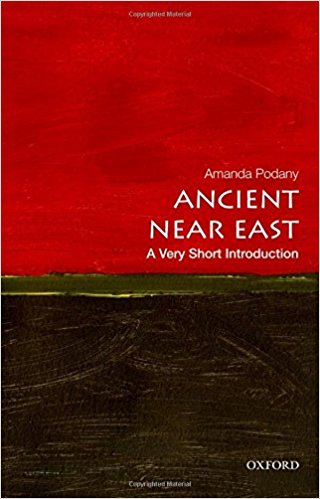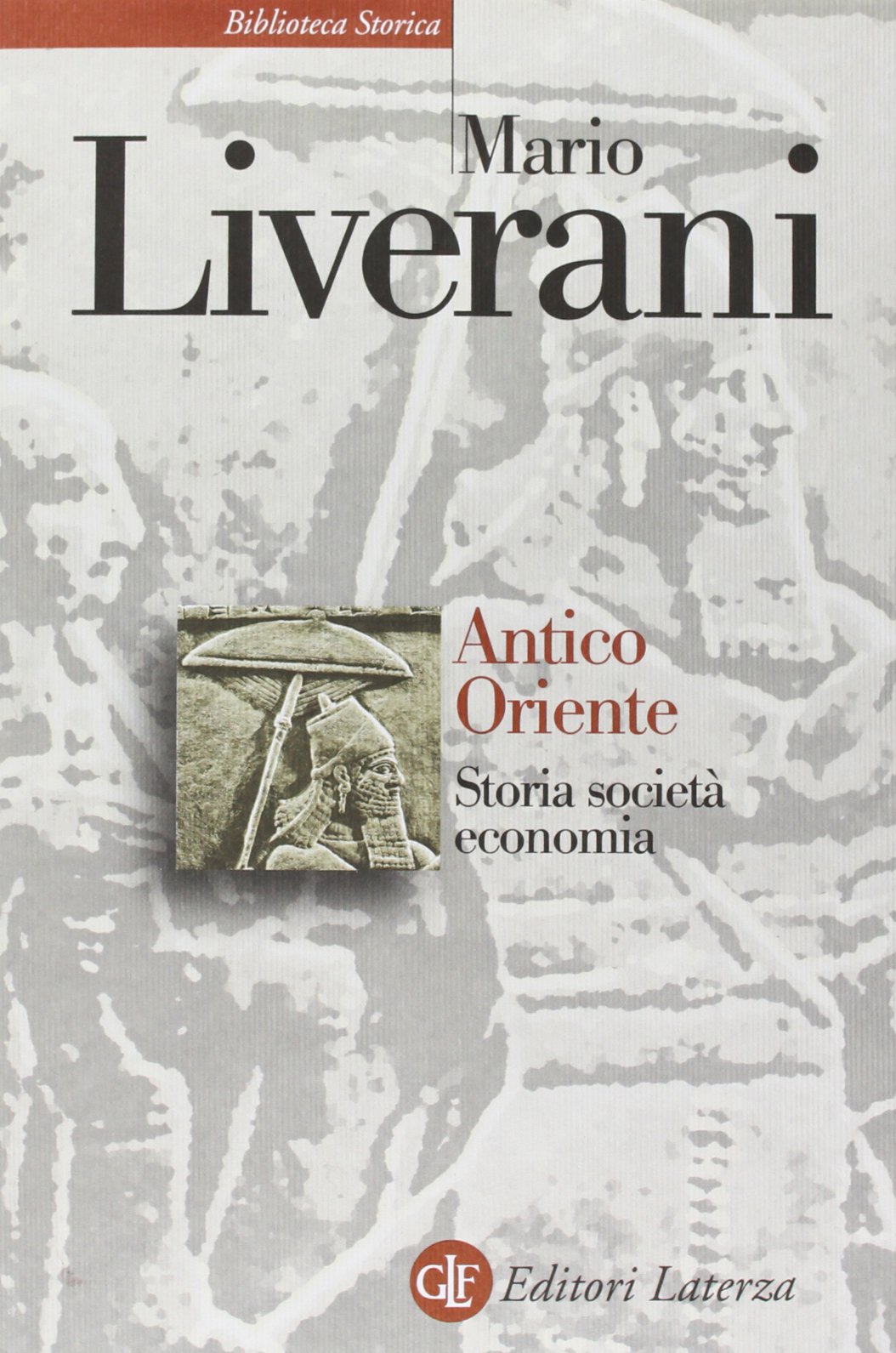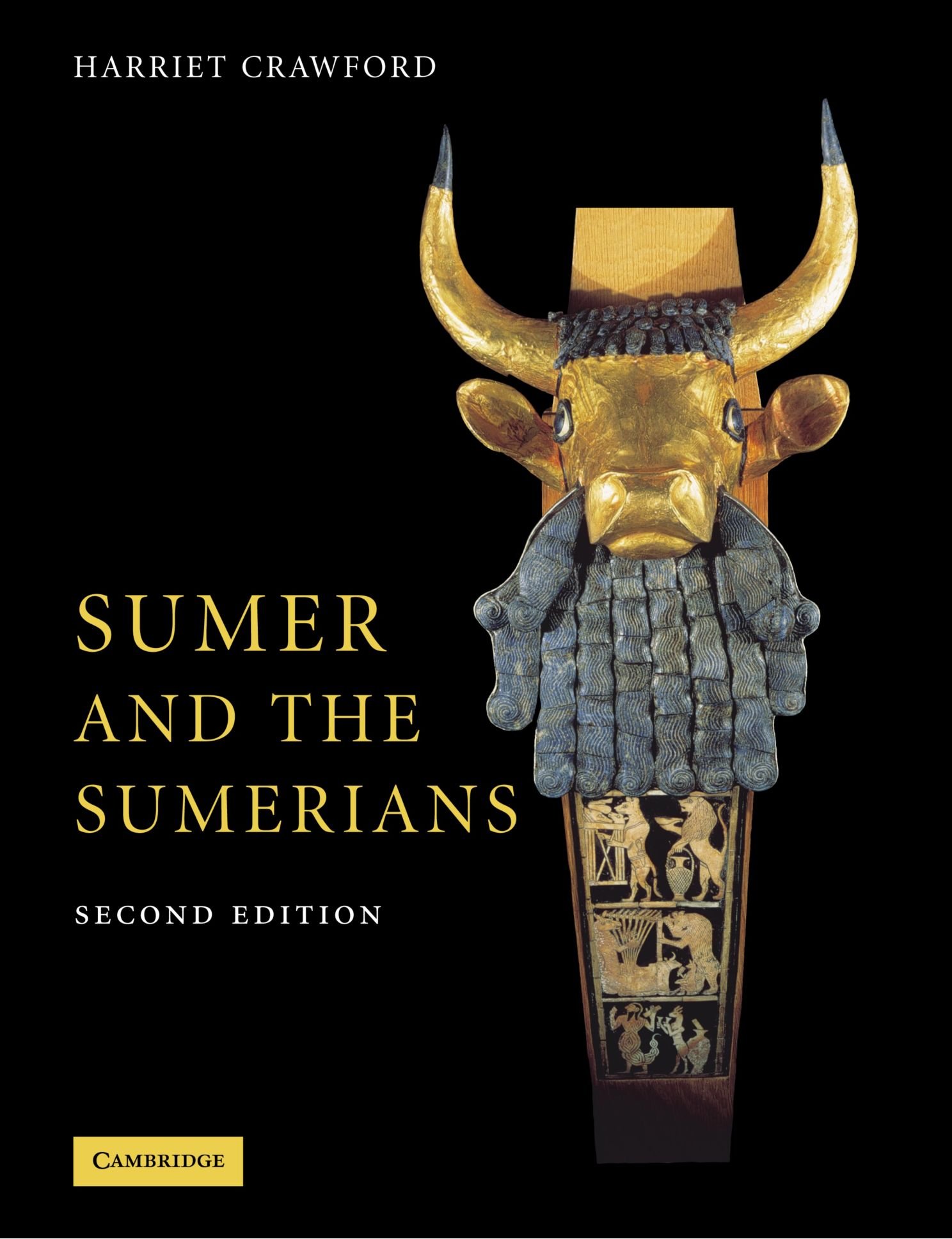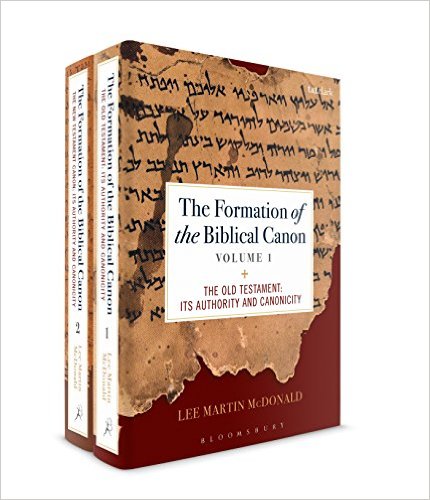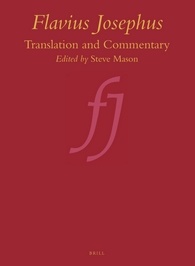Este curso de História de Israel compreende 4 horas semanais, com duração de um semestre, o primeiro dos oito semestres do curso de Teologia. Os alunos recebem os roteiros de todas as minhas disciplinas do ano em curso nos formatos pdf e html. Os sistemas de avaliação e aprendizagem seguem as normas da Faculdade e são, dentro do espaço permitido, combinados com os alunos no começo do curso.
I. Ementa
Discute com o aluno os elementos necessários para uma compreensão global e essencial da história econômica, política e social do povo israelita, como base para um aprofundamento maior da história teológica desse povo. Possibilita ao aluno uma reflexão séria sobre o processo histórico de Israel desde suas origens até o século I d.C.
II. Objetivos
Oferece ao aluno um quadro coerente da História de Israel e discute as tendências atuais da pesquisa na área. Constrói uma base de conhecimentos histórico-sociais necessários ao aluno para que possa situar no seu contexto a literatura bíblica veterotestamentária produzida no período.
III. Conteúdo Programático
1. Noções de geografia do Antigo Oriente Médio
:: O crescente fértil
:: A Mesopotâmia
:: O Egito
:: A Síria e a Fenícia
:: A Palestina
2. As origens de Israel
:: A teoria da conquista
:: A teoria da instalação pacífica
:: A teoria da revolta
:: A teoria da evolução pacífica e gradual
3. Os governos de Saul, Davi e Salomão
:: Nascimento e morte da monarquia a partir dos textos bíblicos
:: A ruptura do consenso
:: As fontes: seu peso, seu uso
:: Dois exemplos de fontes primárias: as estelas de Tel Dan e de Merneptah
:: A questão teórica: como nasce um Estado antigo?
:: As soluções de Lemche e de Finkelstein & Silberman
4. O reino de Israel
:: Israel de Jeroboão I a Jeroboão II
:: Israel é destruído pela Assíria
:: As conclusões de Finkelstein & Silberman
5. O reino de Judá
:: Os reis de Judá
:: A reforma de Ezequias e a invasão de Senaquerib
:: A reforma de Josias e o Deuteronômio
:: Os últimos dias de Judá
:: Por que Judá caiu?
6. A época persa e as conquistas de Alexandre
:: A situação da Grécia e a política macedônia
:: As conquistas de Alexandre Magno (356-323 a.C.)
:: Quem é Alexandre Magno?
:: A anexação da Judeia por Alexandre
:: A situação da Judeia no momento da anexação
7. Os Ptolomeus governam a Palestina
:: Os diádocos lutam pela herança de Alexandre
:: A situação da Palestina de 323 a 301 a.C.
:: As guerras sírias entre Ptolomeus e Selêucidas
:: Alexandria e os judeus
:: O governo dos Ptolomeus
:: A administração ptolomaica da Palestina
8. Os Selêucidas: a helenização da Palestina
:: O governo de Antíoco III, o Grande
:: Antíoco IV e a proibição do judaísmo
:: As causas da helenização
9. Os Macabeus I: a resistência
:: Matatias e o começo da revolta
:: A luta de Judas Macabeu (166-160 a.C.)
:: Jônatas, o primeiro Sumo Sacerdote Macabeu (160-143 a.C.)
10. Os Macabeus II: a independência
:: Simão consegue a independência da Judeia
:: João Hircano I e as divisões internas dos judeus
:: Aristóbulo I e a reaproximação com o helenismo
:: Alexandre Janeu, o primeiro rei macabeu
:: Salomé Alexandra e o poder dos fariseus
:: Aristóbulo II e a intervenção de Pompeu
11. O domínio romano
:: A “”pax romana” chega a Jerusalém
:: O sistema socioeconômico da Palestina
IV. Bibliografia
Básica
FINKELSTEIN, I.; SILBERMAN, N. A. A Bíblia não tinha razão. São Paulo: A Girafa, 2003, 515 p. – ISBN 8589876187.
LIVERANI, M. Para além da Bíblia: história antiga de Israel. São Paulo: Loyola/Paulus, 2008, 544 p. – ISBN 9788515035557.
PIXLEY, J. A História de Israel a partir dos pobres. 11. ed. Petrópolis: Vozes, 2013, 136 p. – ISBN 9788532602824.
Complementar
BERQUIST, J. L. (ed.) Approaching Yehud: New Approaches to the Study of the Persian Period. Atlanta: Society of Biblical Literature, 2007, ix + 249 p. – ISBN 9781589831452. Disponível online.
COOTE, R. B.; WHITELAM, K. W. The Emergence of Early Israel in Historical Perspective. Sheffield: Sheffield Phoenix Press, 2010, 220 p. – ISBN 9781906055455.
CURTIS, A. Oxford Bible Atlas. 4. ed. New York: Oxford University Press, 2007, 224 p. – ISBN 9780191001581.
DA SILVA, A. J. A História Antiga de Israel no Brasil: três opiniões. Acesso em: 19 janeiro 2017.
DA SILVA, A. J. A história de Israel na pesquisa atual. In: História de Israel e as pesquisas mais recentes. 2. ed. Petrópolis: Vozes, 2003, p. 43-87 – ISBN 8532628281.
DA SILVA, A. J. A história de Israel na pesquisa atual. Estudos Bíblicos, Petrópolis, n. 71, p. 62-74, 2001.
DA SILVA, A. J. A história de Israel no debate atual. Acesso em: 19 janeiro 2017.
DA SILVA, A. J. A origem dos antigos Estados israelitas. Estudos Bíblicos, Petrópolis, n. 78, p. 18-31, 2003.
DA SILVA, A. J. História de Israel. Acesso em: 19 janeiro 2017.
DA SILVA, A. J. O Pentateuco e a História de Israel. In: Teologia na pós-modernidade. Abordagens epistemológica, sistemática e teórico-prática. São Paulo: Paulinas, 2007, p. 173-215. – ISBN 853561110X
DA SILVA. A. J. Os essênios: a racionalização da solidariedade. Acesso em: 19 janeiro 2017.
DA SILVA, A. J. Pode uma ‘história de Israel’ ser escrita? Observando o debate atual sobre a história de Israel. Acesso em: 19 janeiro 2017.
DA SILVA, A. J. Religião e formação de classes na antiga Judeia. Estudos Bíblicos, Petrópolis, n. 120, p. 413-434, 2013.
DA SILVA, A. J. The History of Israel in the Current Research. Journal of Biblical Studies 1:2, Apr.-Jun. 2001. Acesso em: 19 janeiro 2017.
DAVIES, P. R. In Search of ‘Ancient Israel’. 2. ed. London: Bloomsbury T & T Clark, [1992] 2015, 166 p. – ISBN 9781850757375.
DAVIES, P. R. The History of Ancient Israel: A Guide for the Perplexed. London: Bloomsbury T & T Clark, 2015, 200 p. – ISBN 9780567655851.
DONNER, H. História de Israel e dos povos vizinhos. 2v. 6. ed. São Leopoldo: Sinodal/EST, 2014, 540 p. Vol 1: ISBN 9788562865244; Vol. 2: ISBN 9788562865411.
FINKELSTEIN, I. O reino esquecido: arqueologia e história de Israel Norte. São Paulo: Paulus, 2015, 232 p. – ISBN 9788534942393.
FINKELSTEIN, I. The Forgotten Kingdom: The Archaeology and History of Northern Israel. Atlanta: Society of Biblical Literature, 2013, 210 p. – ISBN 9781589839106. Disponível online.
FINKELSTEIN, I.; MAZAR, A. The Quest for the Historical Israel: Debating Archaeology and the History of Early Israel. Atlanta: Society of Biblical Literature, 2007, 220 p. – ISBN 9781589832770. Disponível online.
FINKELSTEIN, I.; SILBERMAN, N. A. David and Solomon: In Search of the Bible’s Sacred Kings and the Roots of the Western Tradition. New York: The Free Press, 2007, 352 p. – ISBN 9780743243636.
GERSTENBERGER, E. S. Israel no tempo dos persas: Séculos V e IV antes de Cristo. São Paulo: Loyola, 2014, 552 p. – ISBN 9788515040759.
GOTTWALD, N. K. As Tribos de Iahweh: Uma Sociologia da Religião de Israel Liberto, 1250-1050 a.C. 2. ed. São Paulo: Paulus, 2004, 939 p. – ISBN 8534922330.
GRABBE, L. L. A History of the Jews and Judaism in the Second Temple Period: Vol 1, A History of the Persian Province of Judah. London: Bloomsbury T. & T. Clark, 2006, 496 p. – ISBN 0567043525.
GRABBE, L. L. A History of the Jews and Judaism in the Second Temple Period: Vol. 2, The Coming of the Greeks, the Early Hellenistic Period 335-175 BCE. London: Bloomsbury T. & T. Clark, 2011, 458 p. – ISBN 9780567541192.
GRABBE, L. L. Ancient Israel: What Do We Know and How Do We Know It? Rev. Edition London: Bloomsbury T. & T. Clark, 2008, 328 p. – ISBN 9780567032546.
HORSLEY, R. A. Arqueologia, história e sociedade na Galileia: o contexto social de Jesus e dos Rabis. São Paulo: Paulus, 2000 [reimpressão: 2012], 196 p. – ISBN 8534915679.
HORSLEY, R. A. Jesus e a espiral da violência: Resistência judaica popular na Palestina Romana. São Paulo: Paulus, 2010, 304 p. – ISBN 9788534926355.
KAEFER, J. A. A Bíblia, a arqueologia e a história de Israel e Judá. São Paulo: Paulus, 2015, 112 p. – ISBN 9788534941549.
KAEFER, J. A. Arqueologia das terras da Bíblia. São Paulo: Paulus, 2012, 96 p. – ISBN 9788534933773.
KAEFER, J. A. Arqueologia das terras da Bíblia II. São Paulo: Paulus, 2016, 136 p. – ISBN 9788534943109.
KESSLER, R. História social do antigo Israel. 2. ed. São Paulo: Paulinas, 2010, 304 p. – ISBN 9788535625295.
KIPPENBERG, H. G. Religião e formação de classes na antiga Judeia: estudo sociorreligioso sobre a relação entre tradição e evolução social. São Paulo: Paulus, 1997, 184 p. – ISBN 8505006798.
LEMCHE, N. P. Ancient Israel: A New History of Israel. 2. ed. London: Bloomsbury T & T Clark, 2015, 296 p. – ISBN 9780567662781.
LOWERY, R. H. Os reis reformadores: culto e sociedade no Judá do Primeiro Templo. São Paulo: Paulinas, 2012, 351 p. – ISBN 8535612912.
MAZAR, A. Arqueologia na terra da Bíblia: 10.000 – 586 a.C. São Paulo: Paulinas, 2012, 558 p. – ISBN 8535610316.
MOORE, M. Philosophy and Practice in Writing a History of Ancient Israel. London: Bloomsbury T & T Clark, 2006, x + 205 p. – ISBN 9780567029812.
MOREGENZTERN, I.; RAGOBERT, T. A Bíblia e seu tempo – um olhar arqueológico sobre o Antigo Testamento. 2 DVDs. Documentário baseado no livro The Bible Unearthed [A Bíblia não tinha razão], de Israel Finkelstein e Neil Asher Silberman. São Paulo: História Viva – Duetto Editorial, 2007.
PERDUE, L. G.; CARTER, W. Israel and Empire: A Postcolonial History of Israel and Early Judaism. London: Bloomsbury T & T Clark, 2015, 344 p. – ISBN 9780567243287.
PFOH, E. The Emergence of Israel in Ancient Palestine: Historical and Anthropological Perspectives. Abingdon: Routledge, 2016, 192 p. – ISBN 9781138661134.
STEGEMANN, W. Jesus e seu tempo. São Leopoldo: Sinodal/EST, 2013, 576 p. – ISBN 9788562865886.
VAN SETERS, J. Em Busca da História: Historiografia no Mundo Antigo e as Origens da História Bíblica. São Paulo: EDUSP, 2008, 400 p. – ISBN 8531411017.
WILLIAMSON, H. G. M. (ed.), Understanding the History of Ancient Israel. Oxford: Oxford University Press, 2007, 452 p. – ISBN 9780197264010.
ZABATIERO, J. P. T. Uma história cultural de Israel. São Paulo: Paulus, 2013, 296 p. – ISBN 9788534937597.
Leia Mais:
Preparando meus programas de aula para 2017
Língua Hebraica Bíblica 2017
Pentateuco 2017
Literatura Deuteronomista 2017
Literatura Profética 2017
Literatura Pós-Exílica 2017
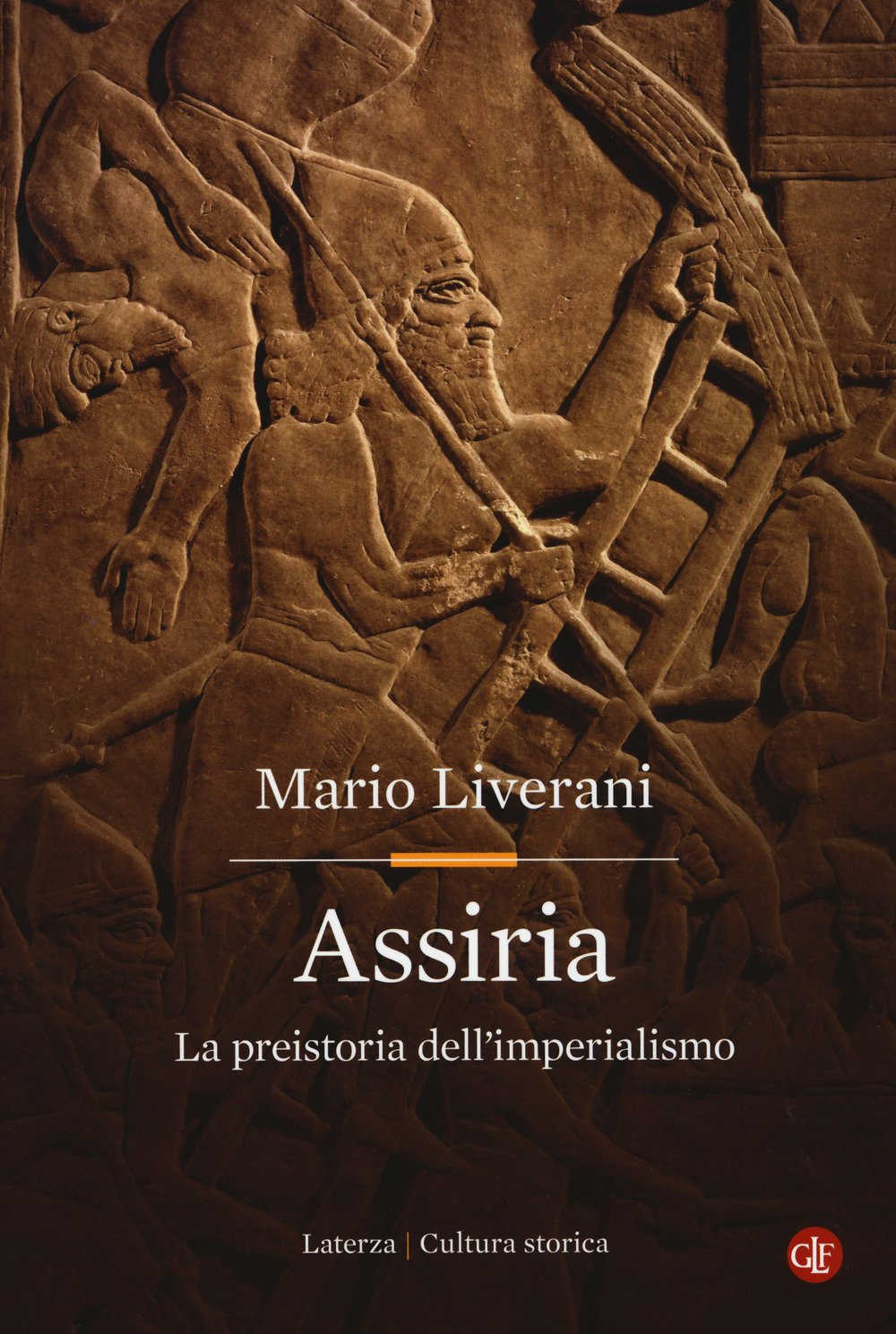
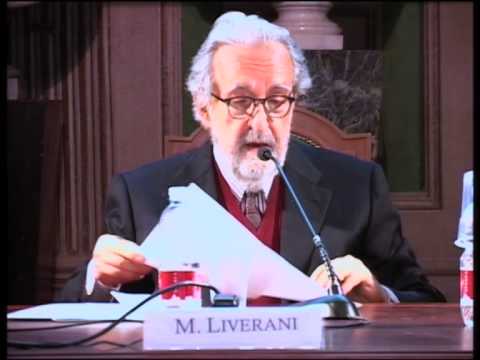
![BLACK, J. ; GREEN, A. Gods, Demons and Symbols of Ancient Mesopotamia. Illustrations by Tessa Rickards. Austin: University of Texas Press, [1992] 2016, 192 p. BLACK, J. ; GREEN, A. Gods, Demons and Symbols of Ancient Mesopotamia. Illustrations by Tessa Rickards. Austin: University of Texas Press, [1992] 2016, 192 p.](https://www.airtonjo.com/images/jeremyblack-4.jpg)
